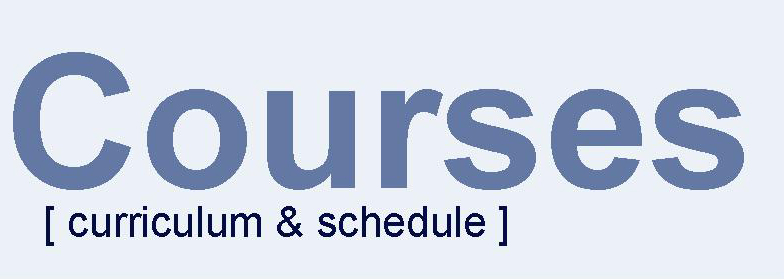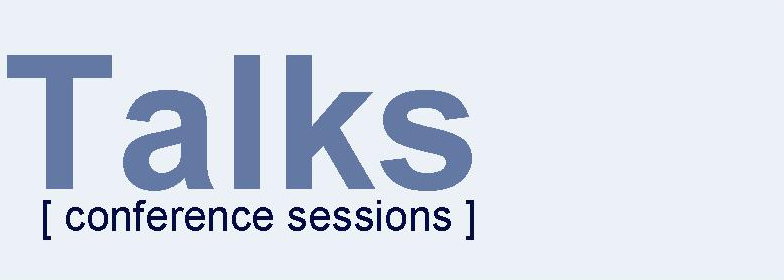| Angelika Langer - Training & Consulting |
COURSE DESCRIPTION
|
Traditionally, templates were known as a means to express parameterized types. True and useful, but C++ templates allow more than just that. Over the past couple of years, template programming has become a paradigm of its own. Compile-time polymorphism, generic programming, template meta-programming are only some of the buzz words in the field. Until recently, only few programmers were capable of exploiting the full power of template features in C++, chiefly because popular compilers (such as the Microsoft C++ compiler) did not support templates very well. Today, even Microsoft is about to ship a standard-compliant C++ compiler that will provide full support of all template language features, including template template parameters, explicit specialization of templates, function template overloading, and many more. Given the increasing availability of excellent C++ compilers, template programming will soon enter the main stream of C++ programming techniques. If you need to keep up with the C++ community and want to know everything about the latest progamming techniques in C++, then this is the right course for you. This seminar covers everything that is known today about template programming, from basic language features to in-depth coverage of challenging issues such as name lookup in presence of templates, template instantiation strategies, the details of template argument deduction, specialization and overloading. Language features are only half of the story. Beyond the features we'll explore all modern template programming idioms and techniques that have emerged so far, including compile-time polymorphism and generic programming (as used in the STL), traits and policy classes (as used in the Boost and Loki library), the curiously recurring template pattern and parameterized virtuality (as used in the ATL), template metaprogramming and expression templates.
The course is designed and conducted by Angelika Langer and backed by years of experience in teaching C++ related topics and more than a decade of real-world experience in industrial software development. Angelika Langer is a freelance trainer/consultant in the area of object-oriented software development in C++ and Java. She is an observing member of the ANSI C++ standards committee since 1993, former columnist of C++ Report and C/C++ Users Journal, co-author of the book "Standard C++ IOStreams and Locales", and a recognized speaker at conferences all over the world. |
Attendants should feel comfortable with the basics of the language and be open for broadening their knowledge of traditional C++. We will explore new language features along with related programming techniques. The goal is not only to learn the syntax and semantics of templates, but also where and why you would want to use them.
Knowledge of templates will without doubt be helpful, but is not strictly
required. The course starts from scratch anyway and guides the attendants
step by step into increasingly complex template programming techniques.
PERFORMANCE OBJECTIVES
BUSINESS OBJECTIVES
|
|
COURSE CONTENT
|
Template Basics
|
Templates Programming Techniques
|
|
FURTHER READING
|
To
get an impression of some topics covered in this course check out the sample
reading:
|
| TRAINING LOCATIONS
|
| Open Enrollment
Public courses are conducted in collaboration with partner companies worldwide. Presentation language is English or German, depending on the location. For further information go to GENERAL INFO. |
On-Site Training
Courses can be held at your company site. Duration and content will be tailored to your specific needs and prerequisites. Presentation language is English or German. For further information go to GENERAL INFO. |
|||
| For information regarding training locations and the current schedule of public courses go to SCHEDULE. For further information or enrollment send me EMAIL or use the REGISTRATION form. |
|
To check for availability, price and other details send me EMAIL or use the REGISTRATION form. |


